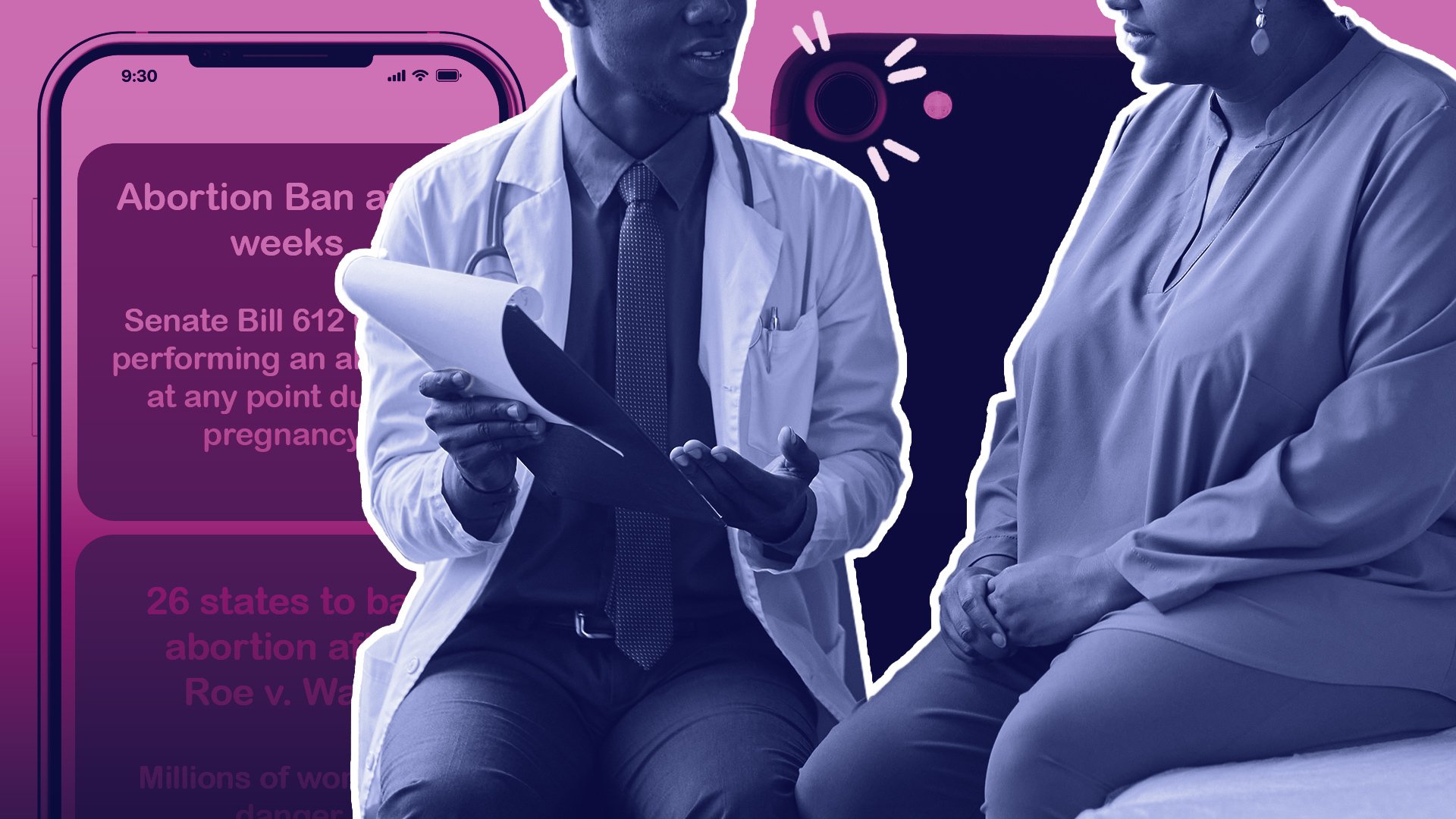Our phones track us all the time. That’s an unfortunate reality of the world we live in, and an investigation published on 404 Media shows just how intrusive and detailed location tracking can get. They were able to show that a service offered to government contractors can trace the route of an individual phone from a person’s house, to an abortion clinic, and back home.
This particular tool, Locate X, is run by a company called Babel Street, which sells access to law enforcement and government contractors. (An investigator was able to access a free trial of the software, and shared what they found with journalists at several media companies, including 404.)
How governments can track your location via your smartphone
Locate X uses data that your phone sends to advertisers and app developers. Every smartphone has a MAID, or mobile advertising ID, that uniquely identifies your phone but is not linked to who you personally are—in theory, anyway.
Advertisers have all kinds of creative uses for these IDs. They can use them to send you ads based on your location, and different platforms can pool their information to figure out that they could serve you an ad on one app based on terms you’ve searched in another.
As our own Stephen Johnson has explained, a lot of the things that make it seem like your phone must be listening to your real-life conversations are actually because of the far creepier things that advertisers do with the data that’s available through more conventional methods. They can serve you ads that match what your friends and family members are into, whether they’ve talked about those things with you or not.
Your MAID is, of course, not really anonymous. Advertisers and data brokers know that a certain phone spends a lot of time at a certain address, and can be pretty sure that that’s your home. It’s not hard for them to figure out where you work, where you frequently shop, and so on. If you drive to a friend’s house, and then cross a state line and end up at a clinic that does abortions, that’s something that you probably don’t want the government of your home state to know, especially if it’s a state that has recently outlawed abortion and maybe even criminalized behavior that relates to helping someone get an abortion out of state.
But if local governments or law enforcement subscribe to a service that provides this information, they could use it to figure out who you are and what you’ve done. As 404 points out, data like this has already been used by agencies like ICE (Immigrations and Customs Enforcement), CBP (Customs and Border Protection), and more.
What you can do to make it harder for governments to track you
Obviously, the safest option is to leave your phone at home when you access reproductive care, or go anywhere else you wouldn’t like to be tracked. But that may not be an option, considering how many things we rely on our phones to do these days.
You can turn off location permissions for specific apps; here are the instructions for Android and for iPhones.
You can deny permission for apps to share your activity with advertisers or data brokers. Here are the instructions for Android and for iPhones.
You can turn your phone off. This may not stop every type of location tracking, but the type of data collected by Locate X relies on specific apps and ad networks, as the Electronic Frontier Foundation explains here in their guide to understanding different location tracking technologies.
